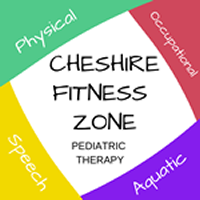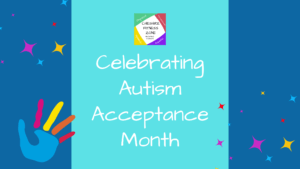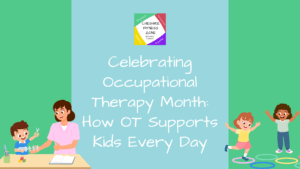Celebrate National Reading Month!
March is National Reading Month, a time dedicated to celebrating the joys of reading and its importance in our lives. This month-long celebration encourages people of all ages to pick up a book and explore the world of literature. For children undergoing speech, occupational, and physical therapy, books can be powerful tools that enhance various skills while making learning enjoyable.
What is National Reading Month?
National Reading Month was established to honor the birthday of beloved children’s author Dr. Seuss, who believed in the power of reading and imagination. The goal of this month is to inspire a love for reading in children and adults alike, highlighting the benefits of literacy and storytelling!
Connecting Reading to Pediatric Therapy
- Speech Therapy: Reading aloud helps develop speech and language skills. Children can practice articulation, vocabulary, and sentence structure through storytelling. Engage your child by asking questions about the story or characters to promote conversation skills.
- Occupational Therapy: Reading can improve fine motor skills through activities like turning pages, holding books, and using bookmarks. Encourage children to interact with books by drawing pictures related to the story or acting out scenes, promoting creativity and imagination.
- Physical Therapy: Reading can also support gross motor skills. For example, encouraging children to act out movements from a story, like jumping or stretching, can help with balance, coordination, and strength.
Incorporating Reading into Daily Life:
- Create a Reading Routine: Establish a daily reading routine by setting aside a specific time each day for reading. Make it a special daily moment by creating quality time with your child and a great book.
- Visit the Local Library: Take regular trips to the library to explore new books and participate in free storytime sessions. Encourage your child to select books that interest them, fostering a love for reading.
- Make Reading Interactive: Encourage active participation while reading, such as asking your child to predict what will happen next or retell the story in their own words. This helps develop comprehension skills.
- Incorporate Reading into Daily Activities: Integrate reading into daily activities, such as reading recipes while cooking together or reading signs while out for a walk. This helps children see the practical application of reading in everyday life.
Activities to Promote Literacy Skills and Pediatric Development
- Create a “Storytelling Jar” filled with story elements (characters, settings, problems, solutions) on separate pieces of paper. Have the child pick elements from the jar and use them to create their own stories, practicing storytelling and language skills.
- Use books with textured pages or flaps to engage tactile senses. Encourage the child to trace the textures or lift the flaps, promoting sensory exploration and fine motor skills.
- Choose books that inspire movement. Create a “Story Walk” by placing pictures or words from a story along a path. As the child walks, they can stop at each point to perform a corresponding movement, such as hopping or skipping.
Children's Book Recommendations
Happy National Reading Month!
National Reading Month is a wonderful opportunity to celebrate the joys of reading while promoting key developmental skills. By incorporating books into daily life, children can improve their speech, occupational, and physical abilities in a fun and engaging way. Encourage kids to make reading a daily habit, as it can have lasting benefits for their development!



